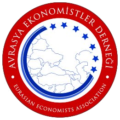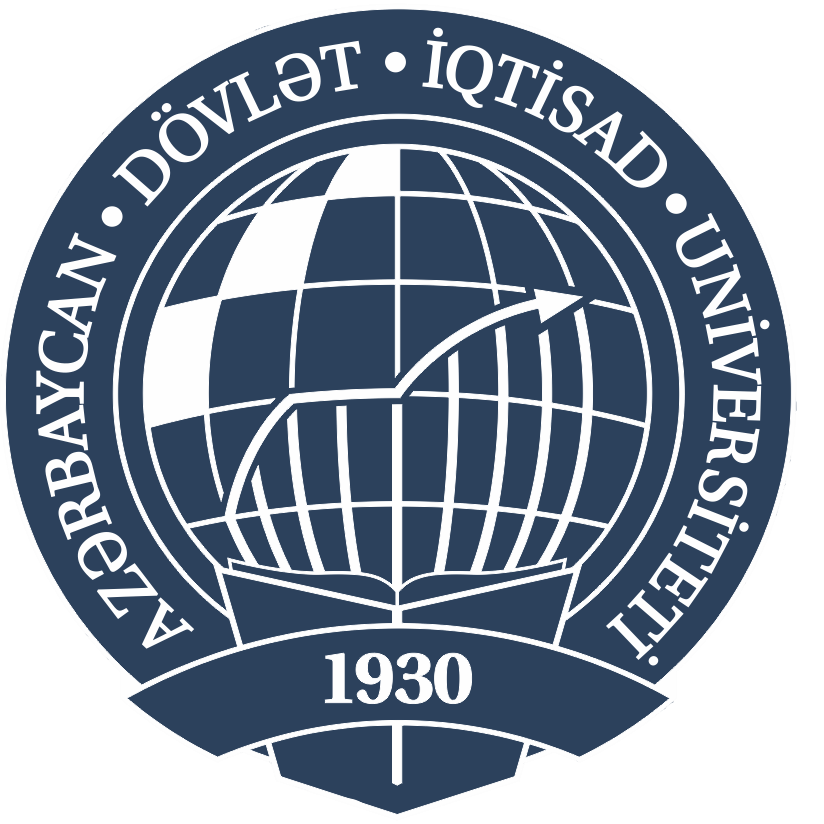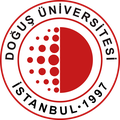
International Conference on Eurasian Economies
20-22 September 2022 – Baku - AZERBAIJAN
Paper properties
Paper ID : 2617
Status : Paper published
Language : Turkish
Topic : Growth and Development
Presenter: Asst. Prof. Dr. Zamira Oskonbaeva
Presentation Location : online
Session : 6B Makroekonomi
Environmental Kuznets Curve Hypothesis: The Case of Central Asian Countries
Çevresel Kuznets Eğrisi Hipotezi: Orta Asya Ülkeleri Örneği
- Prof. Dr. Ebru Çağlayan Akay (Marmara University, Türkiye)
- Asst. Prof. Dr. Zamira Oskonbaeva (Kyrgyz-Turkish Manas University, Kyrgyzstan)
Abstract
This study aims to explore the validity of environmental Kuznets curve hypothesis in case of Central Asian countries. For this purpose, annual data of selected countries for the period 1993-2018 was utilized. Environmental Kuznets curve (EKC) hypothesis implies that the environmental quality deteriorates at the beginning of economic growth and improves over time. The existence of this hypothesis has been evaluated by employing panel ARDL (autoregressive distributed lags) model. The findings indicate the validity of the N-shaped EKC hypothesis in the case of the Central Asian countries. Moreover, renewable energy consumption improves the environmental quality by reducing CO2 emissions. These outcomes have practical policy implications for the government and policymakers of the studied countries. The appropriate recommendations for designing a regional energy policy that is both inclusive and environmentally friendly were suggested.
JEL codes: C19, O47, O44
Çağlayan Akay, Ebru, Oskonbaeva, Zamira (2022). "Environmental Kuznets Curve Hypothesis: The Case of Central Asian Countries" in Proceedings of International Conference of Eurasian Economies 2022, pp.238-247, Baku - AZERBAIJAN.
DOI: https://doi.org/10.36880/C14.02617




